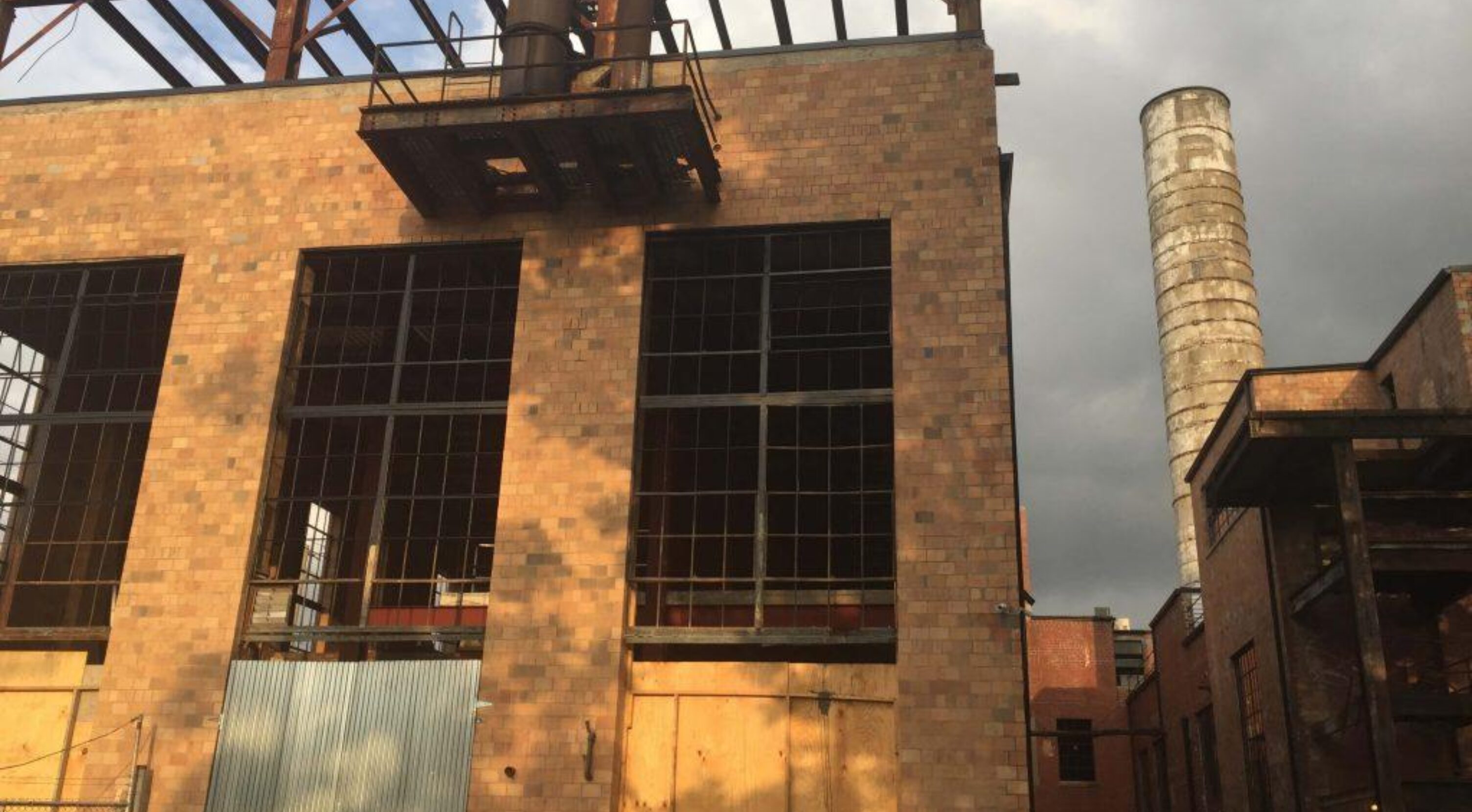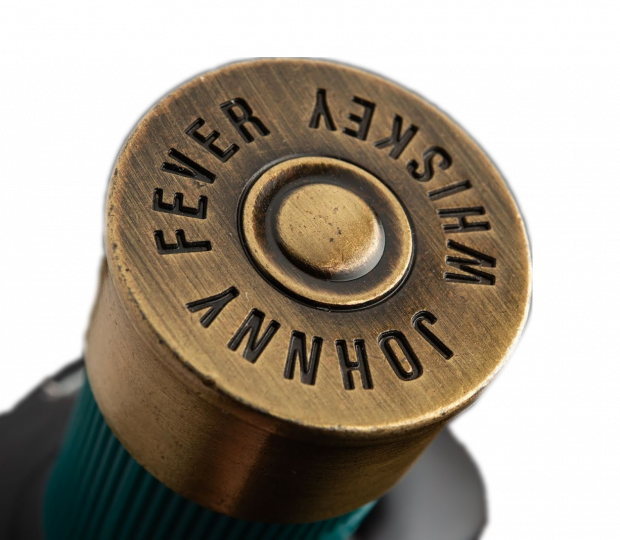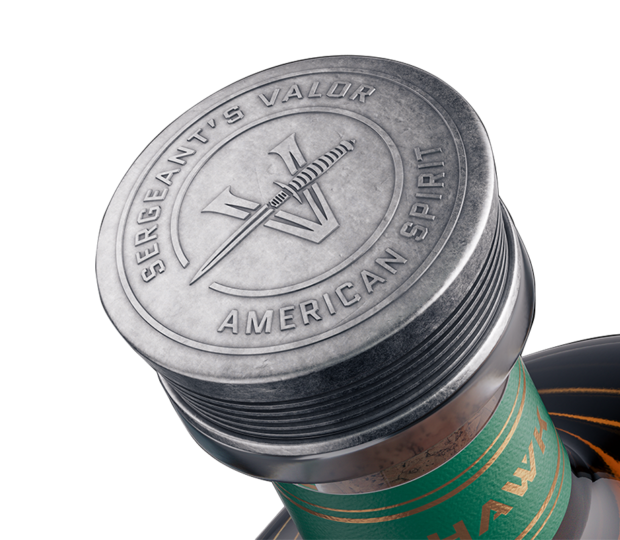How much does it cost to start a craft distillery?

Written by Scott
August 04, 2017

The amount to start a craft distillery can vary based on how quickly you are looking to grow, but $3-$5M is the average.
The reality is dependent upon how one defines success. Like beauty, this reality is in the eye of the beholder. Building up your company as quickly as possible for an exit to a conglomerate (Angel’s Envy) versus distilling some fine ‘shine with some friends on the weekends (insert any 50-gallon DSP here)are completely different goals and thus require completely different amounts of capital.
In our experience, most clients want to know what it takes to diligently and purposefully build a successful brand that can scale. The answer is somewhere between $3 and $5 Million, at a minimum. While not all of this money is needed all at once, it will be needed in order to turn your start up into a legitimate, competitive business. The big reason for the wide range depends on if one can sell bottles and/or cocktails onsite, and how long one plans to age their spirits before release. Here is a very simplified breakdown of where all the money goes:
START-UP COSTS:
Business and financial plans, packaging design, prototype development, market testing, and legal. A budget of $100K allows for top professional assistance and support.
PROPERTY, PLANT & EQUIPMENT:
Assuming the use of a rental property, distillation equipment will be approximately $500K, then another $500K for infrastructure and other ancillary items. Want a nice tasting room and retail? Add another +$200K.
AGING INVENTORY AND DRY GOODS:
$500K per annum that naturally increases as your sales grow.
SALARIES, AND SALES & MARKETING EFFORTS:
This varies certainly on how much you pay yourself, but standard payroll and incentives will be at least $500K if not more.
I know many people will argue with me and show me examples of how they have done it for less. I will in kind ask what they have taken for salaries, if they paid their employees a proper wage or offered health insurance, and what their relationship is like with their wholesaler. I will then ask how they plan to compete with distillers that have three times the capital, a diverse sales staff, and a still that can produce in one week what they can produce in one year. Shelf sets are full, and distributors like Southern Glazers and Breakthru Beverage Group have put in place minimum thresholds for representation/expansion that exceed many distiller’s annual capacities. Distributors want brands that can scale and that have the resources to compete.
The good news is that capital is out there, and the industry is not going anywhere. It is critical to take the time to plan and to raise capital from the right investors. (Just because someone wants to write you a check doesn’t mean you should accept it.) Also, knowing a general number for your capital requirement is important, but knowing how and when to use it is just as important. At Thoroughbred, we call this a numerical business plan.
Please know that Thoroughbred is on your side and we encourage everyone who wants to join this wonderful industry to do so. However, it takes a lot of capital. There is no way around it. The competition is becoming fiercer and more professional. You owe it to yourself to give your new distillery the best opportunity to find success.



